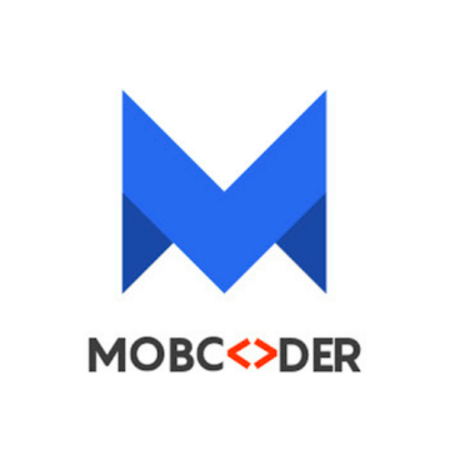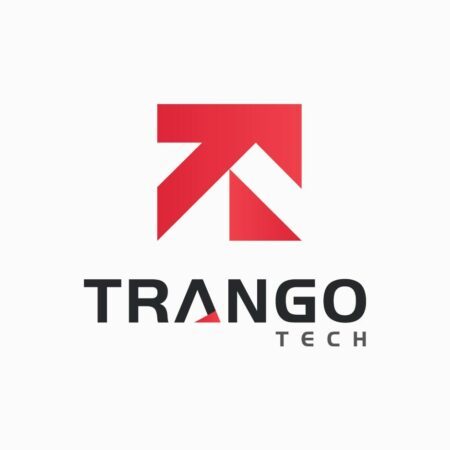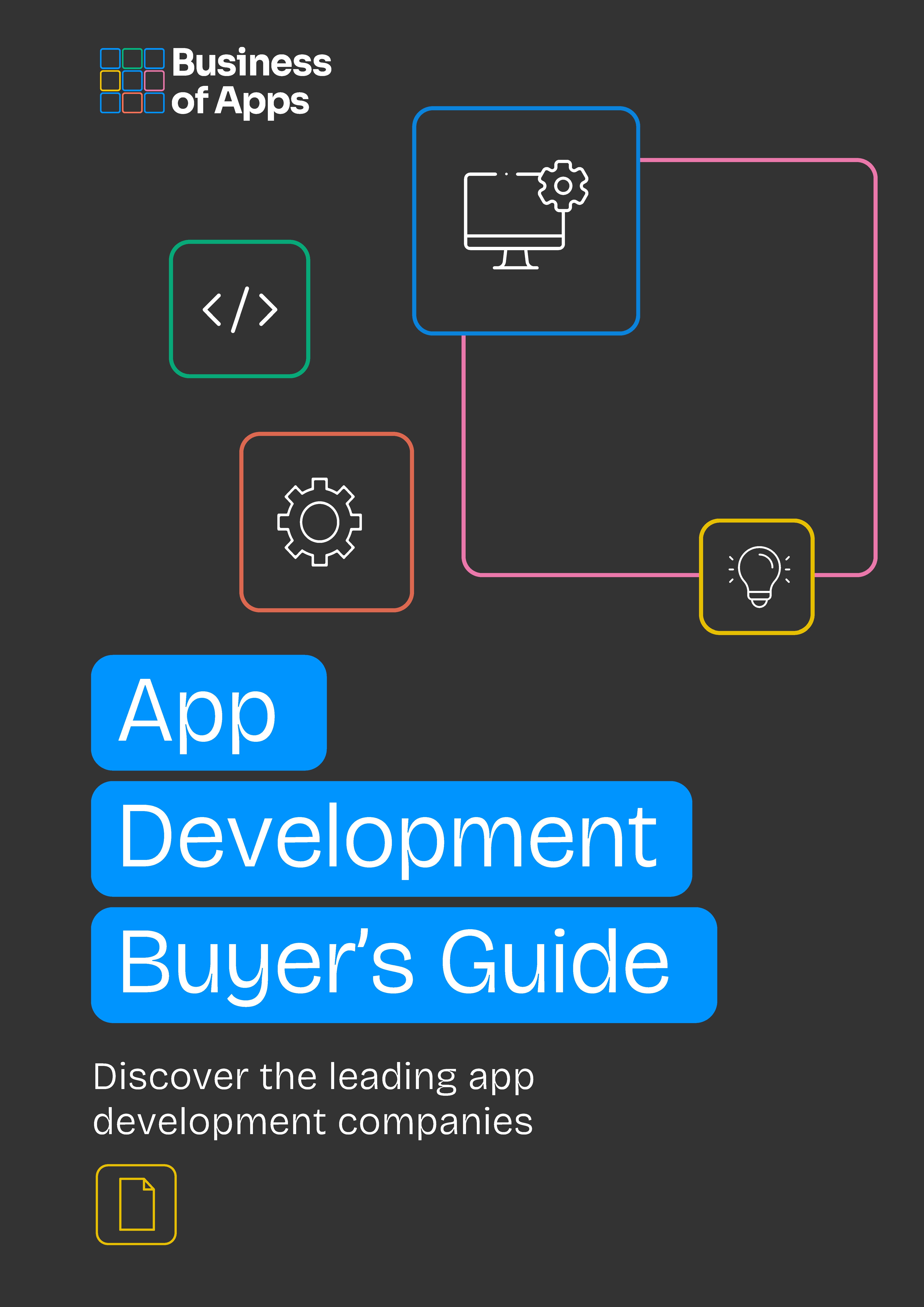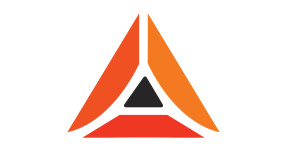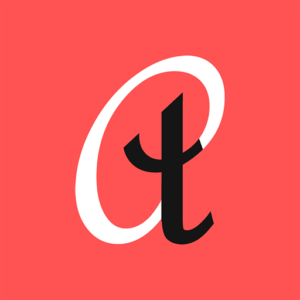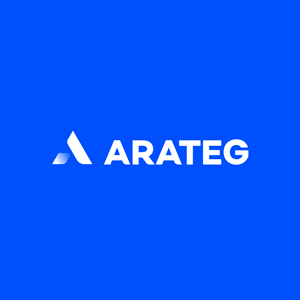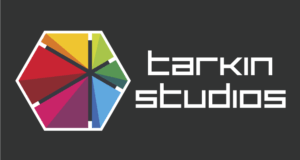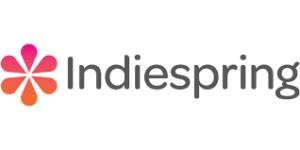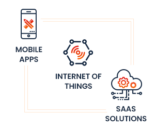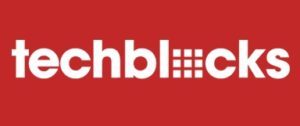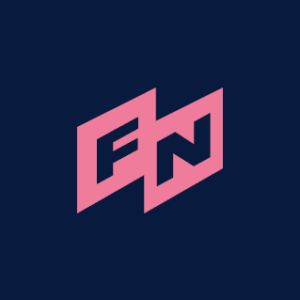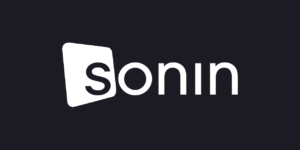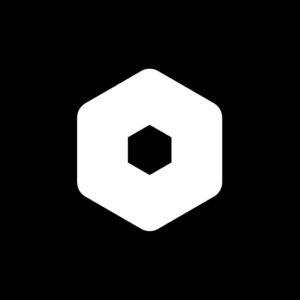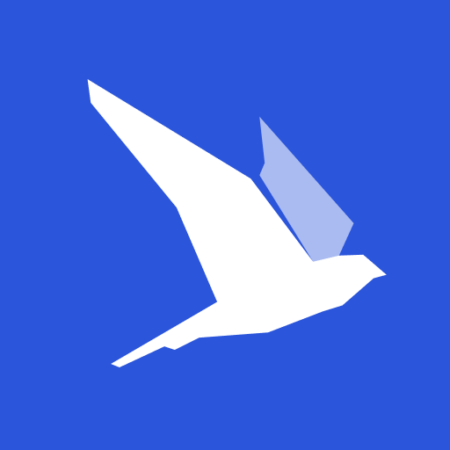This guide will cover the best game app development services, how much it costs, top app development features, and how you stand to benefit from using app development companies.
Games are among the most prevalent apps on the app store and offer a fun and engaging way to pass the time.
In fact, gaming apps are some of the most popular apps based on availability: 13.5% of all apps on iOS fit in this category—it’s an app category known for its high levels of user engagement.
Like any industry, building and developing gaming apps requires several must-have features.
The best gaming apps should be easy to use and offer a gradually increasing difficulty. They often include impressive graphics, appealing gameplay, and fast load times.
A game app must keep the user engaged right from the start of gameplay—this can increase the amount of revenue generated from in-game purchases.
Don’t know where to begin? We’ll cover everything you need to know about game app development.
What is a game app?
Gaming apps (known more generally as apps) are games that can be played on mobile phones. There’s a lot of variety with this type of app, and each game aims to cater to a different audience and set of skills, from casual to hardcore.
Smartphones have become the leading gaming platform, making the mobile gaming market highly successful. The most popular type of app in the App Store and Google Play is games–users download these gaming apps on their smartphones or tablets and can typically get started right away.
App Development Buyer's Guide
Download our App Development Buyer’s Guide to get a full list of the best service providers on the market to choose from. You will also learn about types of app developers, different app development platforms, app developer locations, app development costs, how to select the right one for your business, as well as the questions to ask any of those companies you will be evaluating.
The best gaming apps offer a fun and engaging gameplay experience that is able to both entertain and remain profitable at the same time, whether they’re adventure games, RPGs, strategy, MOBAs, or puzzle apps.
The best game app developers
Game app developers are professionals who design, develop, and maintain games for mobile devices, consoles, and computers. They use programming languages, game engines, and various software tools to create engaging interactive experiences.
Mobile game developers create games for Android and iOS platforms using tools like Unity, Unreal Engine, and native SDKs.
We’ve listed the best game app developers below.
1. Mobcoder Inc

Mobcoder Inc is a tech company specializing in mobile app development and custom software solutions.
Mobcoder Inc. has developed several gaming apps, with one notable example being Cultsport Play. The app offers users various tracks ranging from 5 to 15 kilometres, allowing them to choose their preferred running or cycling routes.
The app integrates live sessions, a gaming experience, and health coins to transform workouts into an enjoyable and motivating experience.
Overview
Founded in 2011, the company focuses on delivering high-quality mobile and web applications, providing end-to-end development services, and helping businesses achieve their digital transformation goals.
Their clients typically span a range of industries, including healthcare, finance, and retail.
Services
Mobcoder Inc provides its customers with the following services:
- Creating native gaming apps for iPhone and iPad using Swift and Objective-C
- Designs intuitive and user-friendly experiences for mobile and web apps
- Offers support and updates to keep game apps running smoothly and efficiently
2. Slashdev.io

Slashdev.io is a game app development company that connects businesses with top-tier remote software engineers. They offer flexible freelance contracts at competitive hourly rates, enabling companies to focus on their (core) competencies.
Slashdev were responsible for building a fast (and scalable) backend for a VR gaming studio. Immersive GameBox has VR game studios across the USA and Europe. They reached out to Slashdev.io to help them build their backend NodeJS systems.
Working with Slashdev.io, they were quickly connected with one of their full-stack engineers, who was able to jump right in and help them build out their backend systems.
Overview
Slashdev.io was founded in 2019 by Michael Ballard and Patrich Söderström. Michael Ballard is the founder and CEO, bringing a background in software entrepreneurship and a passion for helping entrepreneurs.
Patrich Söderström co-founded the company, contributing to its mission of connecting businesses with top-tier software engineers worldwide. The company primarily works with SaaS, enterprise, and software product startups.
Services
Slashdev.io provides its customers with the following services:
- Creates game mobile apps that boost engagement and reach
- Provides access to top-tier remote engineers to extend in-house teams
- Offers end-to-end solutions, helping businesses design, develop, and deploy scalable gaming apps
3. Intellectsoft

Intellectsoft is a software development company that specializes in providing custom software solutions, mobile app development, enterprise mobility solutions, and blockchain development services. The company serves a diverse range of industries, including healthcare, finance, retail, and manufacturing.
Intellectsoft offers game development services, assisting clients in planning, building, and delivering mobile gaming apps to market. They focus on creating intelligent software solutions tailored to the gaming industry.
Intellectsoft’s expertise in developing engaging apps for renowned brands like Guinness demonstrates their capability to create interactive and user-centric solutions, and they often include gamified features.
Overview
Intellectsoft was founded in 2007 by Alexander Skalabanov, Artem Kozel, and Valery Kurilov. Headquartered in Miami, Florida, the company has expanded its presence with offices in New York, London, and Oslo.
Intellectsoft has delivered over 600 digital products to clients worldwide, including Fortune 500 companies and established brands. The company’s services encompass strategic IT consulting, customer experience design, development, and (full) lifecycle management of custom software products and apps, as well as system integration.
Services
Intellectsoft provides its customers with the following services:
- Building tailored software solutions for enterprises, including web, mobile, and cloud-based gaming apps
- Helping businesses modernize IT infrastructure, optimize processes, and implement emerging technologies
- Designing and developing high-performance iOS, Android, and cross-platform mobile gaming apps
4. Light IT Global

Light IT Global is a game app development company that delivers innovative web and mobile solutions for startups and enterprises. With over 18 years of experience, they have completed over 500 custom projects for clients worldwide, including in Europe, the United States, and Japan.
Light IT Global was approached by a well-known international subscription gaming provider. The company was founded in 2014 in the Netherlands with a mission to provide a top-quality gaming experience to people around the world, no matter which device they prefer to use while playing.
The next logical step for the company was a mobile app to represent the brand in a new market and let the users play their favourite games not only on PC but also smartphones and smart TVs.
A mobile app was developed using Flutter, combining efficiency and flexibility and decreasing the development time while maintaining a high-quality cross-platform solution. While working on the app’s implementation, Light IT Global’s experts ensured that it was still synchronized with the web version.
The overall result was an uninterrupted gaming experience for users across multiple devices, along with a sleek and user-friendly UI/UX for maximum engagement.
Overview
Light IT Global was founded in 2006 in Ukraine. The company began as a small team of three individuals engaged in reconstructing local historic landmarks.
Over time, it transitioned into a software engineering firm, expanding its services to include web and mobile development, IT consulting, and business digital transformation.
Today, Light IT Global employs over 100 professionals and has completed over 500 custom projects for clients worldwide.
Services
Light IT Global provides its customers with the following services:
- Designing and building gaming mobile apps for iOS and Android that support customer engagement
- Crafting intuitive and visually appealing designs that enhance the user experience and boost engagement
- Developing robust, secure, and scalable gaming platforms
5. NMG Technologies

NMG Technologies is a gaming app development company that offers a wide range of services, including web and mobile app development, eCommerce solutions, custom software development, and digital marketing.
NMG Technologies developed Koora Break, a mobile app designed for football enthusiasts.
Recognized as one of Saudi Arabia’s Top 5 Best Soccer Apps, Koora Break offers real-time match updates, in-depth previews, and comprehensive reviews, enhancing user engagement and providing a comprehensive and gamified football experience.
Overview
NMG Technologies serves a global client base that includes startups, SMEs, and large enterprises. The company strongly emphasizes quality, timely delivery, and customer satisfaction.
Their client base spans various industries, including healthcare, gaming, finance, retail, and education.
Services
NMG Technologies provides its customers with the following services:
- Development of native and cross-platform gaming mobile apps for iOS and Android
- Focuses on creating user-friendly, scalable gaming apps tailored to the client’s specific needs
- Custom gaming platform development using new and leading tools
6. ELEKS

ELEKS offers a wide range of services to help businesses innovate, optimize operations, and drive digital growth across industries such as finance, gaming, healthcare, retail, and logistics.
ELEKS partnered with Quest Mission to develop “The Quest”, a unique online game aimed at enhancing team-building experiences.
This smart, virtual environment was designed to connect teams, whether in-office, hybrid, or fully remote, by encouraging trust (and collaboration) through gamified storylines and interactive tech such as AR and VR.
Overview
ELEKS was founded in 1991 by Oleksiy Skrypnyk. The company started as a small software development firm in Ukraine. Since then, it has grown into a global tech solutions provider.
ELEKS has worked with prominent clients across various industries, including Hewlett-Packard (HP), Deutsche Bank, The World Health Organization (WHO), and Yelp.
Services
ELEKS provides its customers with the following services:
- Creates visually appealing and intuitive interfaces for gaming apps that enhance user engagement
- Ascertains key business goals and then develops a strategic plan for the gaming mobile app
- Analyzes target audiences, competitors, and industry trends to shape game app features and functionalities
7. App Maisters

App Maisters specializes in gaming mobile app development and digital solutions. The company is able to develop apps that meet the specific needs of larger organizations.
App Maisters developed the gaming app “Drag Racer Reaction Trainer”. The app is a virtual reality gaming app created to help drag racers practice their reaction times.
The app enables users to practice using the different options in “Christmas tree” pre-stage lights and other external conditions to help increase their overall racing experience.
Overview
App Maisters was founded in 2017 by Fahim Iqbal, the current CEO. Under Iqbal’s leadership, App Maisters has grown and established itself in the app development industry, helping companies across various sectors build innovative mobile apps.
App Maisters has worked with a variety of clients, including brands such as PepsiCo, ExxonMobil, and Shell.
Services
App Maisters provides its customers with the following services:
- Crafts intuitive, attractive, and functional game app designs
- Develops prototypes to visualize the gaming app before full-scale development begins
- Builds game apps that work across multiple platforms (iOS and Android) using frameworks such as Flutter, React Native, and Xamarin
Types of gaming apps
Examples of the most popular game categories across both mobile and web apps include the following:
- Action
- Arcade
- Battle Royale
- Casual
- RPGs
- MOBAs
- Adventure
- Puzzle
- Racing
- Strategy
Game app developer example
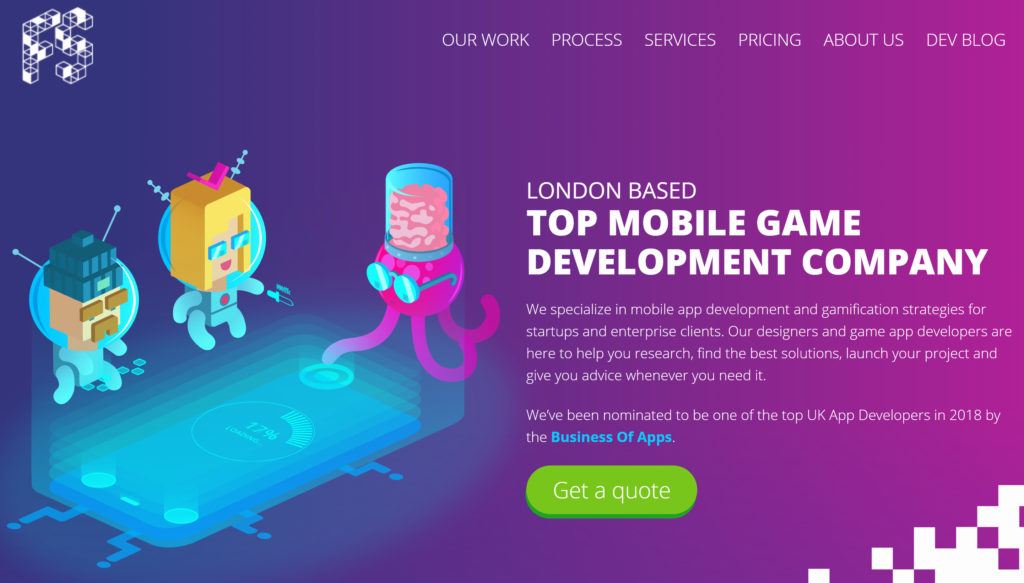 Source: Fan Studio
Source: Fan Studio
While action and sports video games are some of the most popular genres across home consoles and PC, mobile games appeal more widely, with lots of different genres enjoying support. For example, casual games are the most played game genre overall by Android users.
Some game apps fall between genres, such as action-adventure games or strategy and puzzle titles that combine elements of each. It’s best to have an idea of your genre, or a possible blend of genres, before getting started.
Why should I develop a gaming app?
For a start, users are highly engaged with these apps, and mobile gaming is an enormous market for potential revenue. In fact, 62% of users install a game within the first week of purchasing their new mobile device–this is typically to put it through its paces and is a key time to reach people.
Great game design can inspire mobile gamers to wait for further updates and expansions, with users frequently returning to look for future game apps by the same developer. The best game app developers will see a loyal and engaged audience that no other app category can match.
Not only that, but during the COVID-driven quarantine, gaming apps saw an unprecedented rise worldwide, and this has only accelerated the demand for mobile gaming, which was already booming.
Gaming apps, in general, make up 43% of smartphone usage, and the active number of global mobile gamers is more than 2.2 billion.
Game app developer example
 Source: TopDevs
Source: TopDevs
You can also reach people directly through mobile gaming apps in ways that are challenging to achieve elsewhere. One-to-one marketing, for example, through the use of push notifications, connects you with an engaged audience that can help bolster your brand.
Keep in mind the gaming space is experiencing an unprecedented growth drive in terms of the number of active apps, the downloads, and the revenue generated, not to mention the time spent on apps by consumers. There’s a lot of potential for excellent gaming app ideas.
What is the game app development process?
You need to develop the best game app possible, one that loads fast, runs smoothly, and has features your players are used to and looking for overall.
Building a great game app is about following a well-defined process that ensures nothing gets missed in development, from finding an outstanding marketing idea to testing and maintenance. Let’s take a look.
1. Identify the niche
The first step in developing a game app is to select a suitable niche. You need to think about things like the type of game you wish to build and which genre you want to focus on overall.
The Google Play Store and App Store are loaded with gaming apps, so you’ll need to brainstorm to stand a good chance of getting noticed.
Check what’s trending in your chosen game category, what people like about those particular games, and see at what stage they are paying, as well as what marketing efforts they respond to overall.
2. Build a story
Building a story that players feel a part of, and want to progress, plays a key role in the success of any gaming app.
You need to have strong, memorable characters and gameplay stories that are able to garner players’ attention and keep them hooked for months to come.
3. Competitor analysis
You’ll need to analyze your competitors. While this is an important part of many industries, the gaming niche is the most competitive of all in the mobile space.
It’s important to analyze your competitors, find out the advantages you have against them, and see how long it took them to become successful.
Doing so will put you in a much better position to be able to list the features of your gaming app and set out the unique value you provide to users.
4. Define your essential features
Now you need to choose the must-have features for your gaming app.
You don’t need to cram your app with endless features, but you must create an engaging gaming app that’ll make it stand out against the rest.
Standard features of gaming apps include the following:
- Engaging gameplay
- High-quality sound effects
- Fast loading times
- Customer support
Shortlist all those features you can’t imagine the gaming app would function without, as this will provide a plan to move ahead.
5. Decide the tech
Once you have your ideas in place, you need to plan the design tools and set up your development processes. Native mobile game development typically involves using languages native to a device platform.
You may opt, for instance, to use Java for Android or Swift for iOS. Game development uses popular web tech such as JavaScript, CSS, and HTML5.
6. Build the right team
An experienced team of experts will allow you to create a gaming app that goes straight to the top of the gamer charts, one that has a chance of becoming the next PUBG.
Game app developer example
 Source: Owebest Technology
Source: Owebest Technology
Most brands alone won’t have the experience to develop a gaming app without support, so be sure to hire a team of developers or work with a reputable game app development company with the relevant expertise.
7. Estimate the cost
You need to consider many factors for determining the cost of your gaming app, from the app’s top features to the ongoing maintenance costs.
It’s best to estimate before starting the game app development process–you can do this by preparing your project’s scope document with a budget and timelines.
8. Create an MVP
An MVP (minimum viable product) is the version of your gaming app that serves as proof of the concept and includes the minimum number of features to be able to try it–it’s typically the most basic version of the game app you’ll see.
This enables you to get early feedback on the app and minimizes the risk of your gaming idea going wrong. You’ll also be able to increase your app’s scope of improvement and reduce overall risk factors.
9. Upgrading, testing, and improving
Your game mobile app development process shouldn’t stop after you launch it. Instead, keep improving and upgrading it as the feedback comes in–the process is a gradual one rather than instant.
Game testing is an integral part of mobile gaming, and you can choose to hire QA and beta testers and test your app to quickly fix bugs.
The improvement of processes and products should be made by adopting new tech and providing fast responses to customers’ problems–this ensures the game goes from success to success.
Game app development best practices and features
Here are some of the key aspects to consider when developing a gaming app, including best practices as well as essential and advanced features.
Keep it intuitive
When you make a gaming app, it’s crucial to pay attention to simplicity–the game needs to be easy to play. It shouldn’t be too complex for players to understand and find their way around, but at the same time, it should have a difficulty curve that keeps players engaged as they get better at it.
Also, consider multiple screen sizes and platform-specific virtual buttons’ locations. Imagine a player exiting your game mid-way simply because they clicked on an element that was placed near the exit button; you want to avoid this at all costs.
Make it addictive
What makes a game addictive is a mixture of the storyline, the type of challenges, and the characters. What commonly gets overlooked, however, is the impact of prizes and leaderboards. Your game needs to have the following:
- An interesting storyline with character histories
- Challenge levels that get more difficult as players progress
- Reward points and powers that keep it fun
Doing this will ensure your users stick around for the future and will be available to receive new updates and expansions.
Game app developer example
 Source: Linkup Studio
Source: Linkup Studio
Have a monetization strategy
Gaming apps continue to be one of the high-grossing categories in the mobile app space. However, most new game app entrepreneurs don’t know where to begin when it comes to the monetization side of things.
Here are some effective app monetization strategies you can use for your game app.
Advertisements
Mostly used in free gaming apps, this strategy helps businesses earn revenue from the mobile ads that show up in a game. These ads can be of multiple formats ranging from rewarded ads, playable ads, native banner ads, or interstitial advertisements.
In-app purchases
This monetization strategy is one of the most common and has players pay for individual features. For example, crossing a level, buying a character, or purchasing an add-on facility that would make the game more enjoyable.
Give them a bundle of features such as a set of coins, power-ups, or a combination of power-ups and characters. It’s best to keep these in-app purchases reasonable to avoid frustrating gamers who will quickly uninstall.
Essential features
Your game app will also need to offer a lineup of essential features or must-have features that the app can’t function without.
The MVP is the minimum standard you can showcase your product to your target audience and includes the features required to fulfil gamer needs.
These are the essential features your gaming app needs to have:
- Customer support
- Fast loading times
- High-quality graphics
- Sound effects
- Simple UI
- Compatibility
- User safety
- Clear icons
- Rewards system
- Effective tutorials
Focus on game app features that provide maximum value to gamers first and foremost. Gather feedback carefully, let your users tell you what features make sense to them, and then steadily implement the changes.
Game app developer example
 Source: Intuz
Source: Intuz
Advanced features
Advanced features are optional features, but they can make your gaming app offer more value and keep players engaged. Advanced game app features include the following:
- Asynchronous multiplayer
- Detailed leaderboards
- Achievement system
- Intelligent interruption settings
- Third-party controller support
- Gyroscope functionality
- Advanced AI characters
- VR support
- AR support
- Cross-platform play
Of course, the more advanced features you add, the higher the cost of the game’s development. Keep this in mind when deciding your budget.
How much does it cost to develop a mobile game app?
Development costs of gaming apps vary. Below are the average estimates per game complexity:
- Small games: Most games that fall into this category will cost somewhere between $20,000-$40,000
- Medium games: The games from this category grow in complexity and can be between $60,000-$120,000
- Large games: Large titles offer players an engaging storyline and rich content and cost around $150,000
On average, creating a mobile game from idea to release takes 5 to 18 months. If you plan to create and develop a relatively small mobile game, you can expect this to come in at around 3 to 5 months.
The average cost of building a gaming app ranges from $20,000 to $200,000, but this depends on the game’s complexity–more advanced features will result in a higher price. It’s worth contacting a game app development company for an estimate beforehand.
How can I benefit from game app development services?
With the demand for gaming apps–not to mention the huge opportunity available–partnering with game app creation companies allows you to create engaging and fun apps that keep players levelling up, entertained, and around for a long time to come.
Game app developers are able to build highly-scalable apps, whether they’re small gaming apps or large, more complex ones. These development companies create beautiful apps that make use of the latest tech and trends while meeting player expectations.
Game app developer example
 Source: Fortnight Studio
Source: Fortnight Studio
Some of the key benefits of game app development companies include the following:
- Years of game development experience — You’ll get access to a fully formed group of programmers specializing in the game language of your choice, from Unity to Defold Game Engine.
- Cross-platform support — Mobile games that are playable on whichever platform players prefer, from iOS and Android to the mobile web.
- Intelligent AI — Use neural nets and genetic algorithms to optimize challenges and make the game as good as it can be.
- Eye tracking and heat mapping — Eye tracking and heat mapping help you understand where your players are looking and what they are clicking on at any time.
- Analytics support — Integration with analytics such as Flurry and Kissmetrics that give you powerful data to work with overall.
- Bring gaming characters to life — The centrepiece of a game is often the characters. The best app development teams can create 2D or 3D characters in the exact style of your choosing.
If you’re planning to develop a mobile game app, it’s usually a good idea to get a free quote from the app development experts. This is particularly true if you’re a non-developer or a beginner.
Get started with the best game app developers
To recap, the most critical reasons for having a gaming app are the following:
- Users can be highly engaged with these apps
- Mobile gaming is an enormous market for potential revenue
- 62% of users install a game within the first week of purchasing their new device
- Great design can inspire mobile gamers to wait for further updates and expansions
- Users will often return to look for future game apps by the same developer
There are a number of app development companies that take on game app development projects and have app developers with experience specifically catered to these apps. Here we’ve put together for you a list of the best.






